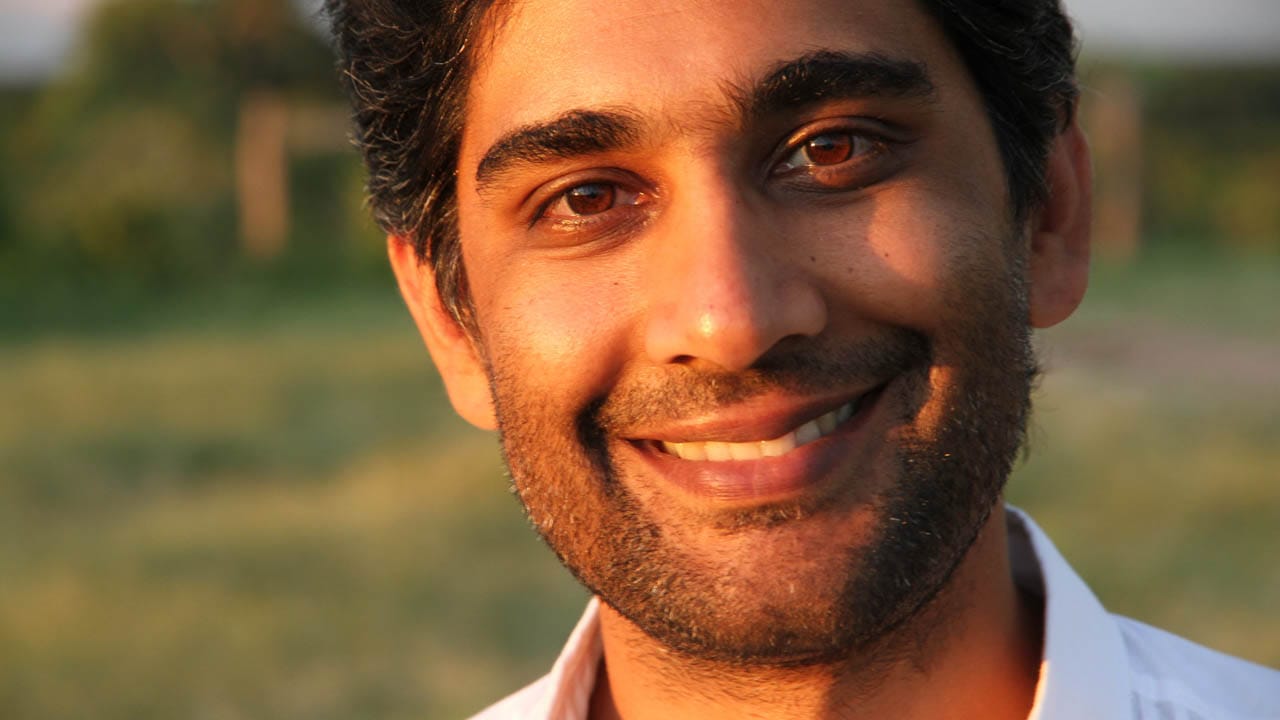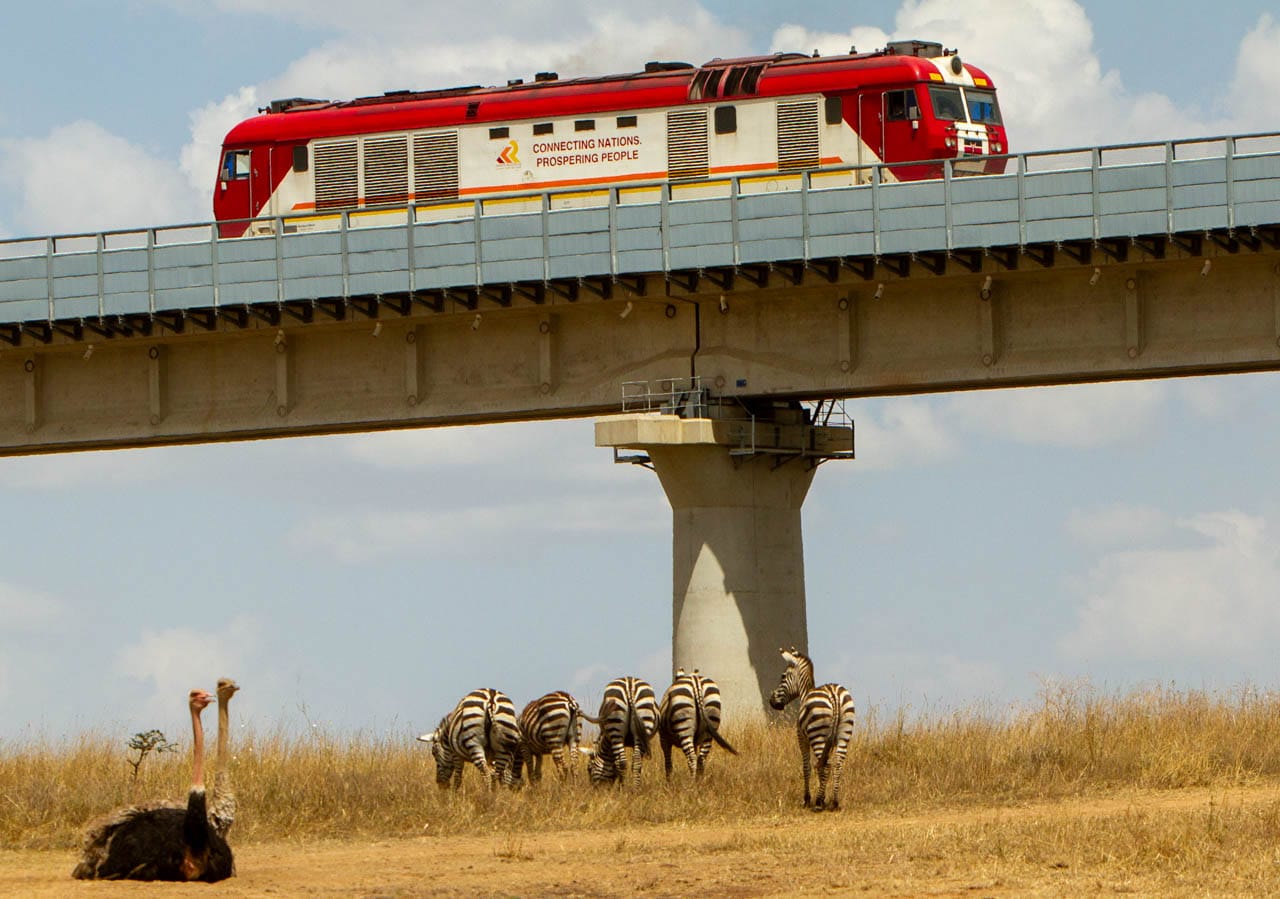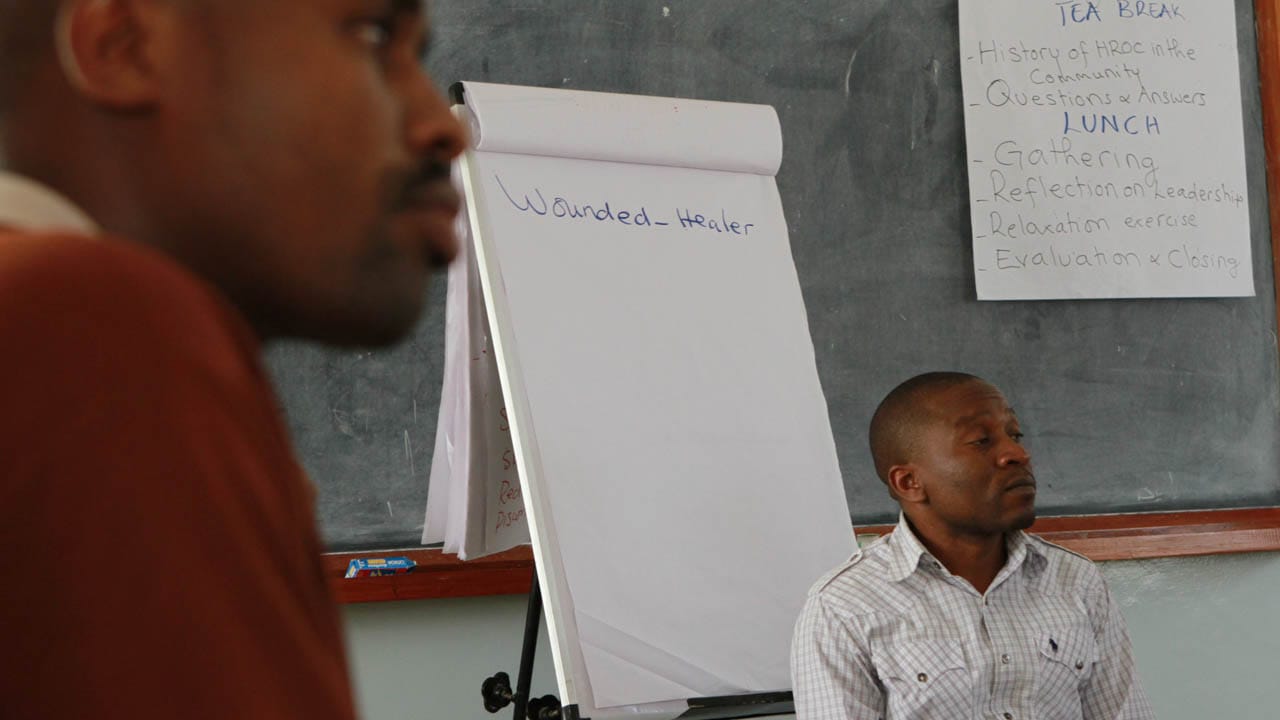
About
I only found new ideas after working on more obvious solutions, in each sector, first.
My vision of a calmer future is unusual. It is informed by living in both 'industrialised' and 'developing' countries, and from studying and working across a wide range of sectors. I’ll combine ideas drawn from ecology and economics, philosophy and business, engineering and peacebuilding, childcare and history – all in new and unfamiliar ways.
Part of the reason is simple, but painful and difficult to share. My family were part of the flotsam and jetsom left stranded by the British Empire. My great grandparents left an impoverished India for new opportunities in East Africa. My parents later tried to migrate to Great Britain, when frustrated African leaders targetted our relatively privileged communities.
While many families like mine quietly settled in the United Kingdom, my parents were were flagged by the Home Office, and faced deportation back to Kenya. I was seven years old when my father, depressed and confused, was sentenced to life in prison; he tried to take his own life after killing my mother, in the confused hope that being orphaned would save my baby brother and myself from being deported. In many ways, he destroyed our lives too.
Even as a young child, I was thrust into an awareness that the world was not a safe or fair place. My wider family threw themselves into religious cults, or making money, for some sense of solace and security – but I needed explanations. I tried to learn what I could to understand why I lost my parents, and more broadly, why so many others experience desperation, migration, and insecurity.
As a child in Kenya, I fascinated by wildlife – the small insects and frogs in our garden, as much as larger animals on visits to safari parks. In London I had an inspiring biology teacher, became concerned about conservation, and set up the first recycling schemes at my school. I nearly studied Zoology at university, and nature continues to inspire me, but I stumbled across a degree that sounded more relevant to my wider concerns.
I applied to study Philosophy, Politics and Economics at Oxford. This is now infamous because of confident yet clueless politicians, but I only heard of it weeks before my application was due. I hoped it would help answer my questions about society. (I only learnt decades later how this degree replaced Modern Greats, the education designed for budding British Imperial administrators.)
Apart from enormous cultural dissonance, my grounding in sciences proved less helpful with social sciences than I expected. I could sense huge gaps, especially in economics, where incompatible theories seemed incapable of resolution. I later studied the Philosophy of Science, focussing on economics and paradigm shifts. (The Santa Fe Institute has since done interesting work in this area.)
During one summer, I joined a student group visiting refugees and IDPs in Croatia, dislocated by the war which had fractured the former Yugoslavia. (This was partly to avoid going home. My father had just taken his own life on hunger strike in prison, where he had rotted away for thirteen years.)
This journey was at times terrifying and depressing, travelling up and down the shell ridden coast of Croatia, but I felt compelled to return twice more to the region. With my traumatic family situation and grief, I found more in common with the people we visited, than in the privileged academic detachment of Oxford.
During this work, I first saw the impotence of the international community. In 1996, one refugee camp we spent time at housed mainly female inhabitants. This whole community was displaced from Srebrenica, and had lost all their men and boys in a massacre, after the UN failed to protect them. These experiences had a huge impact on my subsequent choices.
After completing my degree, I joined a London-based international development think tank. Amongst other tasks, I created systems on global tropical forestry aid projects and financial aid flows for the European Commission in Brussels, then the UNDP in New York. I worked with well-meaning but frustrated people, and saw reports gathering dust in basements. I saw early satellite imagery mapping forest fires in Borneo, and observed a frustrating intergovernmental conference, where delegations quibbled over clauses.
I learnt how international aid is fragmented, lacks funds and strong political mandates, and is still distorted by unequal power dynamics.
Economic and environmental issues directly clash in forests. Donors funded conservation of 'vital' forests – but also building 'essential' roads through them, with devastating environmental impacts. During this work, I stumbled across the economic insight that sustainable forestry was crowded out by wider commercial pressures. Sustainable commercial forestry requires unusually long time periods, which compounds discounting rates. This makes it unusually vulnerable to other sectors being more profitable.
The cultural understanding and value of 'nature' is complex, often political, and culturally contested. I’ve since worked on a wildlife documentary on human-elephant conflicts, and a series of wildlife novels for young adults in East Africa, but I believe successful conservation requires more than awareness raising.
I needed to learn more about inequality, and work closer to communities. For two years I was a peace worker in post-apartheid South Africa and Zimbabwe for UK Quakers. I experienced the resilience and wisdom in older cultures, but also the corrosive impact of brutal colonial history, generations of land inequality and poverty. Working with youth leaders in impoverished townships, homeless communities in failed urban centres, and prisoners in the penal system, I witnessed the grinding lack of economic opportunities.
I continued facilitating non-violence training for a decade, including training teams in India, organising conferences in Guatemala and Ireland, and facilitating encounter workshops for Israeli and Palestinian teenagers. Conflict is natural, and we can all learn to handle it better, but I wanted to find ways to reduce deeper tensions leading to large-scale violent conflict to begin with. Trauma can be intergenerational, but only targeting personal and cultural responses puts enormous pressure on people already struggling with injustice.
I had seen a desperate need for jobs in South Africa, and the impotence of aid and charitable efforts. I needed to understand the challenges from a commercial angle. I later returned to Kenya, working for the philanthropic angel investors behind JustGiving in the UK, amongst other successful companies. They had funds to invest, commercial experience, and wanted to help create growth and livelihoods in Africa.
I had some background in business and economics, but none of us expected the immediate challenges ahead. Kenya went through a violent crisis when the results of the 2007 presidential election were contested. Resentments had been fanned by populist rhetoric, and reached boiling point – with thousands killed, and far greater numbers displaced and traumatised.
I became involved in local peace initiatives, but also learnt new things from this different context. Decades of stagnant growth, political corruption, and unevenly distributed opportunities had entrenched regional inequalities. In the resulting tribal politics I saw echoes of New York's Tammany Hall – patterns which have returned under Donald Trump.
We eventually looked into many companies and sectors, hoping to make impact investments, but it was ultimately frustrating. There was already a lot of wealth, as luxury SUVs on poor roads demonstrate. It was very difficult for most people to run successful companies, find good jobs, or make long-term plans. Kenyans work incredibly hard, but most do not thrive. Politics and corruption present the most lucrative options, and block wider growth, but I gradually came to recognise these as consequences rather than the deepest causes.
Later, after fibre optic cables reached East Africa, I was responsible for recruiting thousands of Kenyans and Nepalis to do online gig economy micro-tasks, at a technology start-up. Many were vastly overqualified but still grateful for any paid job. Exploitation causes real problems, but so does insufficient employment – it can be even worse to be simply irrelevant, invisible to markets.
Together these experiences confirmed something was missing from standard economic stories about growth, as I had suspected as a student.
The missing elements only became clearer after I spent decades in countries where the systems, now failing in ‘industrialised’ countries, barely existed outside tiny elite enclaves. I have lived in places with little or no infrastructure, including isolated rural areas, and with relatively few resources or options. This gave me different insights and perspectives I would otherwise have missed.
The city I was born in should not exist. Most major cities grow in places where transport is easy – as ports on a navigable rivers, for example. Nairobi was founded by accident, and for the opposite reason. Construction of the railway from Mombasa to Uganda (the Lunatic Line) slowed as it left the flat savannah, to enter more challenging terrain. A temporary rail depot grew unexpectedly, and eventually became the capital.
The small rivers, ridges and valleys still create problems for modern infrastructure. This topographic challenge is compounded by the expense of building good roads and bridges, erosion from intense tropical heat and rain, and overcrowding. (Political corruption is an obvious challenge, but I eventually saw this as a consequence of limited economic options, after seeing how hard it was to make money in legitimate commercial sectors.)

Two major 'solutions' – the Nairobi Expressway, and the Single Gauge Railway – saddled Kenya with enormous debt, for relatively little gain. I've run an academic book club on the history of our woeful public transport, and sat for too many hours in dysfunctional traffic. For over a year, I walked to work along a long-delayed bypass while it was under construction, across multiple ridges and valleys.
I once spent a day with city planners in Curitiba, Brazil, where bus rapid transport (BRT) was pioneered. Listening to their innovations, I realised how Nairobi is almost the poster child for everything which can go wrong with transport. However such frustrating experiences led me to question the basic model more deeply, and see the outlines of better solutions.
Gradually, I recognised how grade separation and expensive infrastructure were causing major but unrecognised problems. I started to imagine solutions, but initially worried that these would only increase urban sprawl, or environmental damage. It took years before I saw the connections between economic pressures and urbanisation, and how the roots entangle with expensive infrastructure.

Sometimes we only understand complex things after they are broken.
Although I studied the conventional theories, my personal history meant I could not settle for shallow explanations. I had to 'unlearn' a lot of what I thought I knew, and explore new areas for new answers.
I will share the explanations and solutions I needed for a calmer future here.
Hopefully they can help you too, and we can build what we need together.